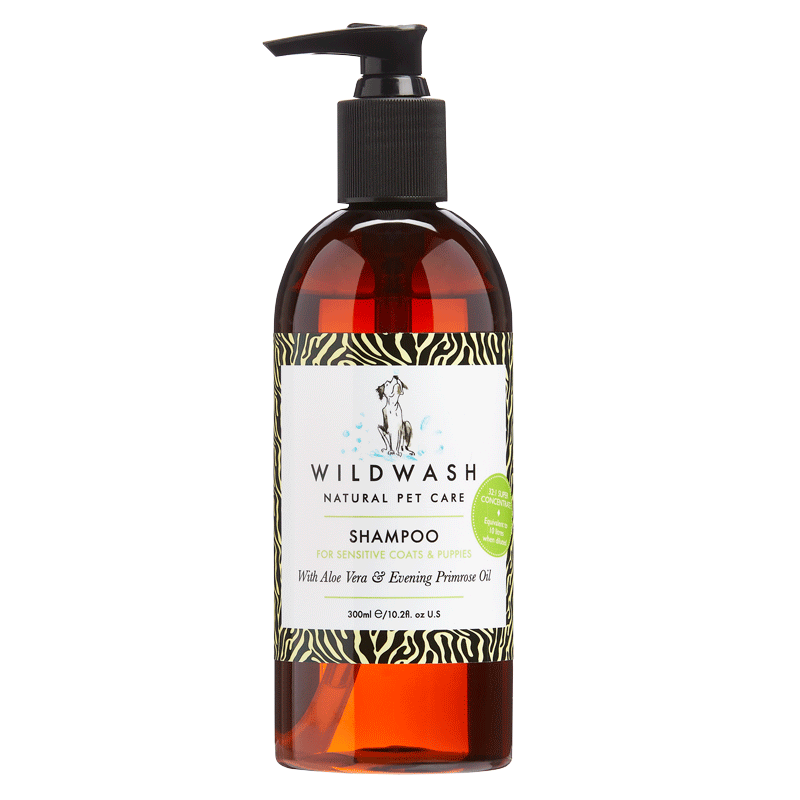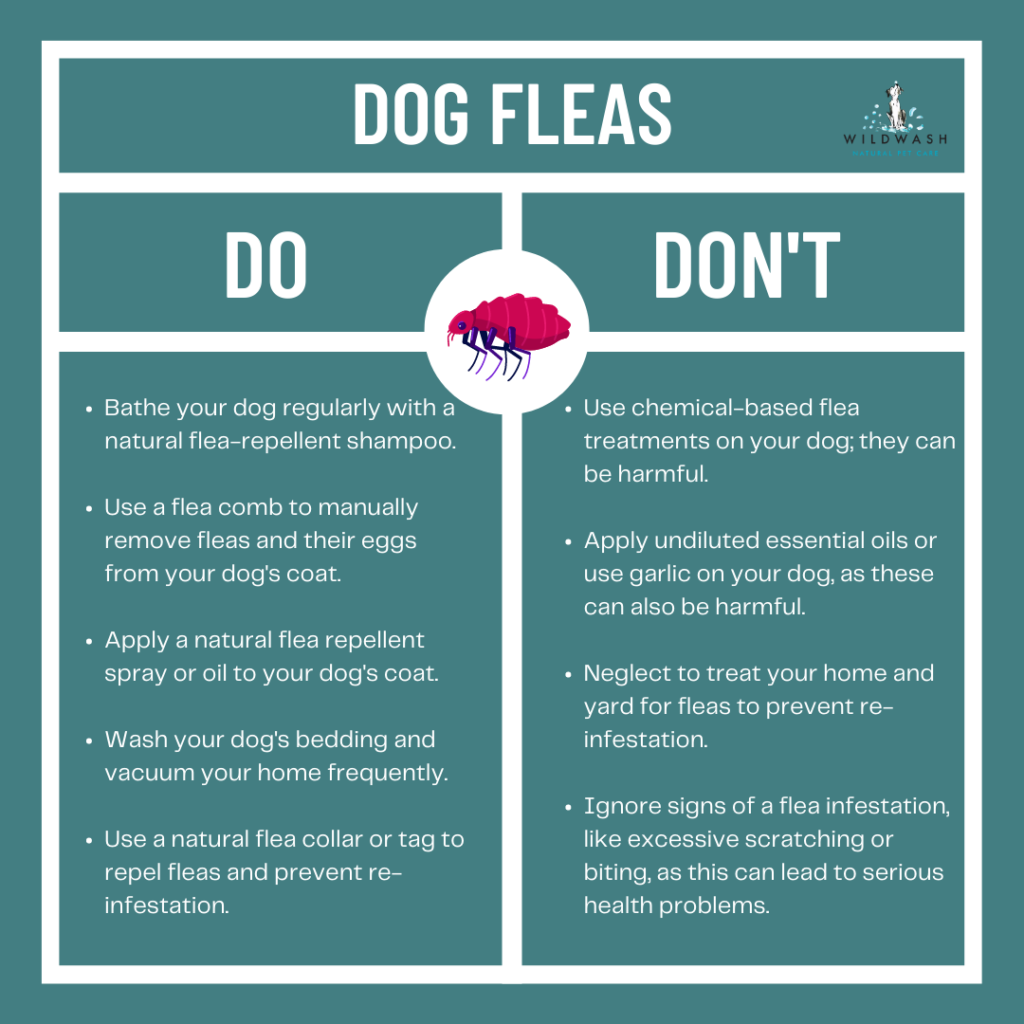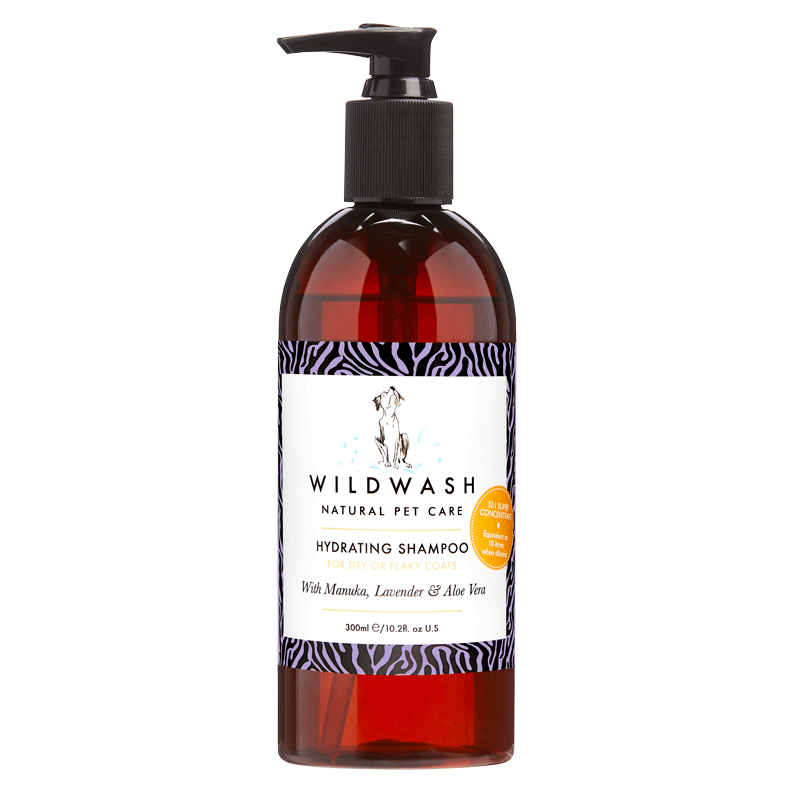If you’re a pet parent, you know how distressing it can be to see your beloved dog constantly scratching and itching. Itchy skin can cause discomfort for your furry friend and leave you feeling helpless. However, understanding the potential causes behind your dog’s itchy skin and discovering effective treatments can make a significant difference in their well-being. In this blog post, we will explore the common reasons why dogs experience itching and provide valuable insights on how to address this issue.
1. Allergies
Allergies are a common cause of itchiness in dogs and can significantly impact their quality of life. Understanding the different types of allergies and their symptoms can help you identify if allergies are the underlying cause of your dog’s itchiness.
- a) Food Allergies:
Food allergies occur when a dog’s immune system reacts negatively to certain ingredients in their diet. Common allergens include beef, chicken, dairy products, wheat, and soy. If your dog is experiencing food allergies, they may exhibit symptoms such as itchiness, skin redness, ear infections, gastrointestinal issues (vomiting, diarrhea), or even respiratory problems. To identify specific food allergens, your veterinarian may recommend an elimination diet or a food trial.
- b) Environmental Allergies:
Environmental allergies, also known as atopic dermatitis or canine atopy, are caused by hypersensitivity to substances present in the environment. These can include pollen, dust mites, mold spores, grasses, or certain chemicals. Dogs with environmental allergies often experience intense itching, particularly on their paws, ears, groin, or armpit areas. Other symptoms may include sneezing, watery eyes, recurrent ear infections, and skin redness. Your veterinarian may perform allergy testing to pinpoint the specific allergens triggering your dog’s symptoms.
- c) Contact Allergies:
Contact allergies occur when a dog’s skin comes into direct contact with irritants or allergenic substances. These can include certain fabrics, cleaning products, certain plants, or even flea collars or medications. Contact allergies typically result in localized itchiness, redness, swelling, and sometimes even skin lesions. Identifying and eliminating the specific allergen from your dog’s environment is key to managing contact allergies.
Managing allergies in dogs involves a multi-faceted approach, and WildWash offers the best solution.
Our WildWash Sensitive Shampoo for Itchy Allergy Skin and Puppies is vet approved and the no.1 go to shampoo for dogs with problem skin and coats. It is simple, mild and fragrance-free for extra sensitive skin, Aloe Vera and Evening Primrose oil combine to gently cleanse, soften, rehydrate and protect.
2. Parasites
Parasites like fleas, ticks, and mites can cause intense itching in dogs. Even a single flea bite can trigger an allergic reaction leading to constant scratching. We’ll explore the signs of parasite infestation and suggest effective preventive measures to keep your dog itch-free.
3. Dry Skin
Dry skin is a common issue that can cause discomfort and itchiness in dogs. Just like humans, dogs can experience dry skin due to various factors, including weather conditions, lack of proper hydration, or certain underlying health conditions. Dry skin can lead to itching, flaking, redness, and irritation. If your dog is scratching excessively and showing signs of dry skin, it’s important to address the issue promptly.
Causes of Dry Skin:
Several factors can contribute to dry skin in dogs. Environmental factors such as low humidity or cold weather can strip the natural oils from your dog’s skin, leading to dryness. Additionally, frequent bathing with harsh shampoos or using grooming products that contain harsh chemicals can also dry out your dog’s skin. Poor nutrition, especially a diet lacking essential fatty acids, can impact skin health and contribute to dryness.
Introducing WildWash Hydrating Shampoo for Dry and Flaky Coat
When it comes to combating dry skin in dogs, proper grooming practices and using the right products can make a significant difference. WildWash understands the importance of addressing dry skin concerns and has formulated the Hydrating Shampoo for Dry and Flaky Coats specifically to nourish and moisturize your dog’s skin.
Our WildWash Pro Hydrating Shampoo for Dry and Flaky Coats for Dogs uses Manuka, Lavender and Organic Aloe Vera to gently cleanse the skin and coat without stripping the natural oils and it replaces moisture. This shampoo is great for all coat types and especially long haired coats.
4. Infections
Infections, whether bacterial or fungal, can be a source of itchy skin in dogs. Common examples include yeast infections, ringworm, and hot spots. These infections can cause intense itching, redness, inflammation, and sometimes even hair loss. It’s important to seek veterinary treatment if you suspect your dog has an infection. Your veterinarian will be able to diagnose the specific type of infection and prescribe appropriate medications such as antifungal or antibacterial treatments to address the underlying cause and provide relief for your dog’s itchy skin.
5. Dermatitis
Contact dermatitis occurs when a dog’s skin comes into contact with irritants or allergens such as certain cleaning products, plants, or chemicals. These substances can trigger an allergic reaction in some dogs, leading to itchy skin and inflammation. It’s crucial to identify and eliminate the specific irritant from your dog’s environment. Avoid using harsh cleaning products or chemicals around your dog, and be cautious about the plants they come into contact with. If your dog develops contact dermatitis, your veterinarian may recommend topical treatments or prescribe medications to alleviate the itching and reduce inflammation.
When it comes to infections and dermatitis, our Sensitive Shampoo is again your best go-to solution recommended by countless veterinarians around the globe. The WildWash Sensitive Shampoo for Itchy Allergy Skin and Puppies is your safest bet, as it contains no ingredients that can worsen the condition of your pet’s skin. Packed with healing and soothing elements, it’s the ultimate remedy for their skin’s well-being.
5. Food Sensitivities
Food sensitivities or allergies can manifest as itchy skin in dogs. Some dogs may develop sensitivities to certain ingredients in their food, such as proteins (e.g., beef, chicken), grains (e.g., wheat, corn), or additives. If your dog is experiencing food-related itching, your veterinarian may recommend an elimination diet or a food trial to identify the specific trigger ingredients. Eliminating these ingredients from your dog’s diet can help alleviate the itching and improve their overall skin health. In some cases, your veterinarian may recommend a specialized hypoallergenic diet to meet your dog’s nutritional needs without triggering allergic reactions.
6. Environmental Factors
Environmental factors can contribute to itchy skin in dogs. Excessive humidity, dry air, or irritants present in the environment, such as pollen or dust mites, can cause skin dryness, irritation, and itching. Maintaining a comfortable and clean living environment for your dog can help minimize these factors. Consider using a humidifier in dry conditions or during winter months to add moisture to the air. Regular cleaning, including vacuuming and washing bedding, can help reduce irritants in the environment. If your dog is particularly sensitive to environmental factors, your veterinarian may recommend additional interventions or treatments to manage their symptoms effectively.






